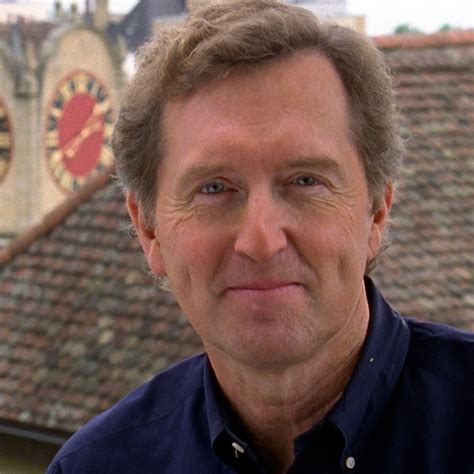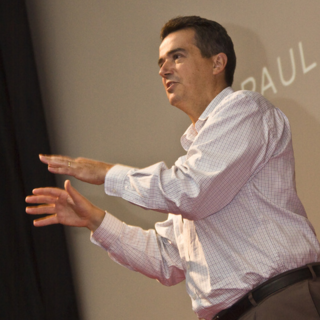A Quote by Hazel Henderson
Sustainability is especially ripe for political controversy and opposition because fundamentally it is a new paradigm that represents significant challenges to the status quo. The paradigm of sustainability, with its notions of limitations and carrying capacities confronts dominant paradigms of progress which do not recognize limits to unchecked growth
Related Quotes
A paradigm is a powerful theoretical and methodological framework which defines the working lives of thousands of intelligent and disciplined minds. And paradigms do not attract the loyalty of such minds unless they 'work'. One of the first things a graduate student learns is that if there is a discrepancy between the paradigm and what he or she has discovered, then the automatic assumption is that the paradigm is right and the student wrong. Just as a good workman never blames his tools, so the diligent student never blames his paradigm
I don't totally buy or believe the paradigm that's constantly presented to us and the financial news is obsessed with, which is growth. There seems to be this paradigm which is: There has to be growth. I'm watching it and thinking, am I the only one who recognises this is a small planet isolated in a gigantic universe? Where are we growing to?
When you see reference to a new paradigm you should always, under all circumstances, take cover. Because ever since the great tulipmania in 1637, speculation has always been covered by a new paradigm. There was never a paradigm so new and so wonderful as the one that covered John Law and the South Sea Bubble - until the day of disaster.
My problem with Obama is that he's not a new paradigm; he's an old paradigm. A new paradigm would be somebody like Harold Ford [former Democratic Congressman from Tennessee] or Michael Steele [former Republican Lieutenant Governor of Maryland], no relation, both of whom present themselves as individuals, and don't seem to wear a mask. They don't 'bargain;' they don't 'challenge.' So, I see them as fresh, and as evidence of what I hope will be a new trend.
In medicine, we have invented an entirely new healing paradigm. Now we no longer simply look to the doctor and to medicine to heal us. We now recognize what has been substantiated scientifically everywhere from Harvard to Duke to Stanford - that the power of the mental and spiritual consciousness of the patient is as significant in healing as physical factors are. If we apply that same paradigm to politics, we see that the mind and the spiritual consciousness of the citizen are every bit as important as anything that goes on in the government.
If sustainability is going to take hold in the corporate sector in a big way - and we need it to - it will be when it produces big profits and faster growth. It won't happen because of an optional executive commitment to an abstract concept. It will happen because sustainability is a great business strategy. And it is
Sustainability has become a religion in architecture - not that there's anything wrong with it - but I think it has to work both ways. Everyone thinks architecture has to be subservient to sustainability, but what if we thought in the other direction, like, what can sustainability do to make architecture more exciting?
President Obama is a man who had certain advantages because of the civil rights movement. He had the opportunity to go to some of the best schools in this country - schools that train you how to run the political paradigm, not challenge it. The leaders of the Black Power Movement were challenging that paradigm.
































